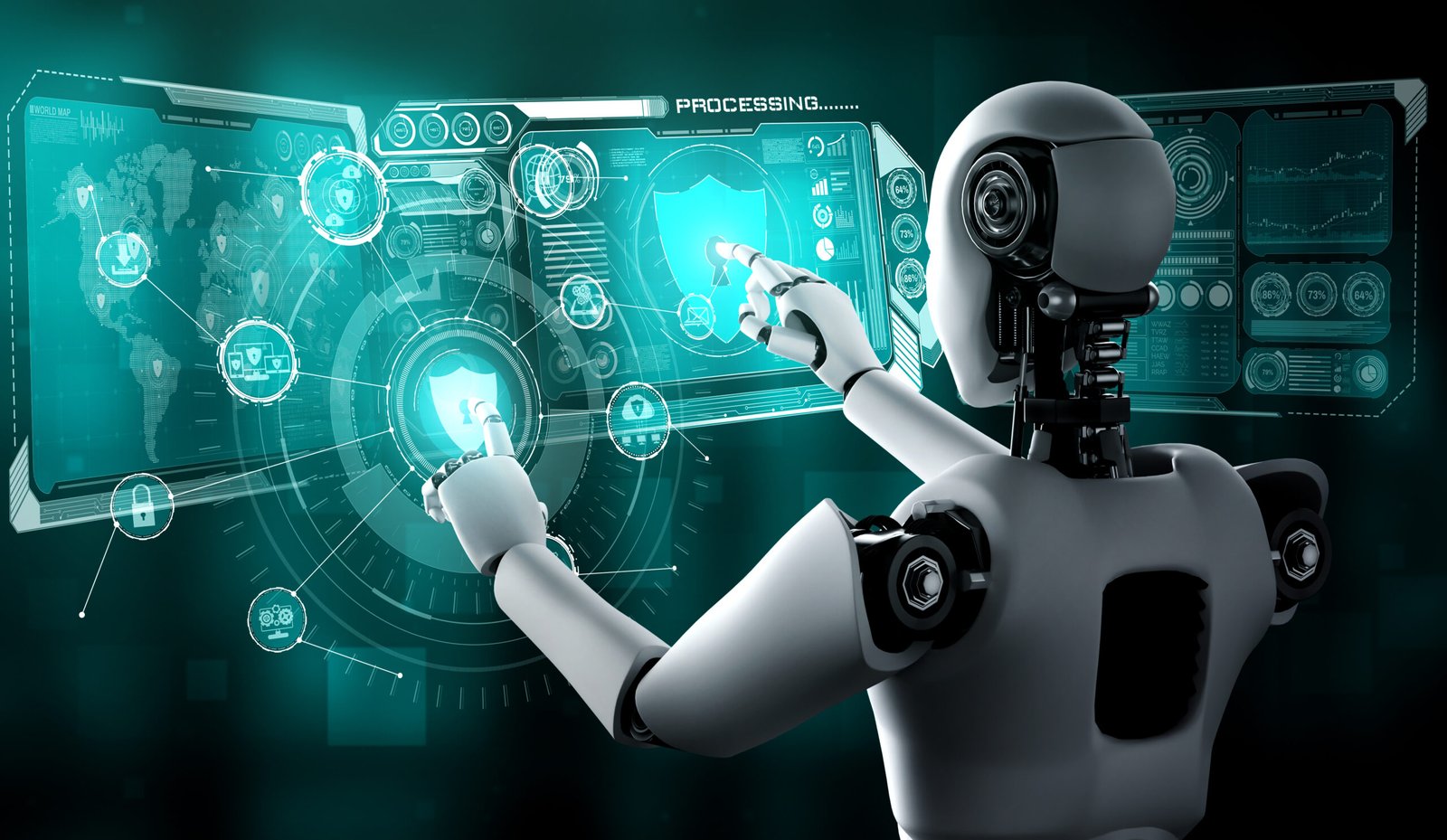Artificial Intelligence, commonly referred to as AI tech, has rapidly evolved from a futuristic concept to an integral part of our everyday lives. From voice assistants like Siri and Alexa to self-driving cars and intelligent business analytics, AI tech is transforming industries, redefining job roles, and reshaping the way we interact with technology. This article dives deep into what AI tech really is, how it’s being used today, and what the future holds for this revolutionary technology.
What is AI Tech?
AI tech refers to the simulation of human intelligence in machines programmed to think, learn, and make decisions. These machines are designed to mimic cognitive functions such as problem-solving, understanding language, and recognizing patterns. Unlike traditional software, AI tech can improve its performance over time using data and algorithms—a process known as machine learning.
The scope of AI tech includes machine learning, deep learning, natural language processing, robotics, and computer vision. Together, these technologies are enabling machines to perform tasks that previously required human intelligence, often at a faster and more efficient rate.

AI Tech in Daily Life
One of the most noticeable impacts of AI tech is in consumer electronics. Smartphones, smart TVs, and even household appliances are now embedded with AI-driven features. Google Maps uses AI tech to calculate the fastest routes, while Netflix employs it to recommend shows based on viewing habits.
Smart home devices like thermostats and lights adjust themselves based on your routine, thanks to AI tech. In healthcare, AI algorithms help detect diseases from X-rays and MRIs with remarkable accuracy, aiding doctors in early diagnosis and treatment planning.
AI Tech in Business and Industry
Businesses are investing heavily in AI tech to streamline operations and gain a competitive edge. In the financial sector, AI is used for fraud detection, credit scoring, and algorithmic trading. In manufacturing, AI-powered robots handle assembly lines with precision and speed, reducing human error and operational costs.
E-commerce platforms utilize AI tech to personalize shopping experiences. Chatbots, powered by natural language processing, provide customer service 24/7, answering queries and solving issues in real-time. Meanwhile, logistics companies use AI to optimize delivery routes, ensuring faster and more reliable shipping.
The Role of AI Tech in Education
Education has not remained untouched by the influence of AI tech. Online learning platforms now adapt content delivery based on a student’s learning pace and style. AI can identify areas where a student is struggling and suggest targeted materials to aid understanding.
Furthermore, automated grading systems reduce teachers’ workload, allowing them to focus more on teaching than on administrative tasks. Virtual tutors, another gift of AI tech, are becoming increasingly sophisticated and accessible, making learning more interactive and efficient.
Healthcare Innovation with AI Tech
Perhaps one of the most significant impacts of AI tech is in the healthcare sector. AI algorithms can analyze complex medical data faster than any human, detecting diseases like cancer, diabetes, and neurological disorders at early stages. For instance, IBM’s Watson Health has demonstrated how AI tech can assist in diagnosing conditions and suggesting treatments based on a vast database of medical research and patient records.
AI-powered wearable devices monitor vital signs and notify users—and their doctors—of any irregularities. This real-time monitoring, made possible by AI tech, can be life-saving, especially for people with chronic conditions.
Ethical Concerns and Challenges
Despite its benefits, AI tech raises several ethical and societal questions. One of the main concerns is data privacy. Since AI tech relies heavily on large datasets, it often involves collecting and processing vast amounts of personal information, raising concerns about how that data is stored and used.
Job displacement is another pressing issue. As AI tech automates repetitive and routine tasks, many fear that it will lead to job losses. However, experts argue that while some jobs will disappear, new roles will emerge that require human creativity, emotional intelligence, and advanced technical skills.
Bias in AI is also a growing concern. If the data used to train AI systems contains biases, the outcomes will reflect those biases, potentially leading to unfair decisions in areas like hiring, lending, or law enforcement.
The Future of AI Tech
The future of AI tech is both exciting and uncertain. As AI systems become more advanced, their integration into daily life will deepen. We can expect smarter cities with AI-driven traffic management, more sophisticated personal assistants, and even AI companions for emotional support.
In business, AI tech will likely become a central component of decision-making, helping leaders forecast trends, manage risks, and tailor services with pinpoint accuracy. In medicine, AI could eventually assist in developing personalized treatments and even simulate clinical trials, drastically reducing research time and cost.
However, for this vision to become a reality, significant investments in infrastructure, education, and ethical frameworks are necessary. Policymakers, tech developers, and communities must work together to ensure AI tech is developed and used responsibly.
Embracing AI Tech Responsibly
To harness the full potential of AI tech, a balanced approach is essential. Organizations must ensure transparency in AI operations and adopt ethical practices that prevent misuse. Training and reskilling workers for AI-driven environments will help mitigate job displacement issues and create a more inclusive technological future.
Governments should implement regulatory policies that encourage innovation while protecting citizens from potential abuses. Public awareness and education about AI tech will play a critical role in its successful integration into society.
Conclusion
AI tech is no longer the stuff of science fiction—it’s a transformative force reshaping every facet of human life. From healthcare and education to business and entertainment, AI tech holds immense promise. But with great power comes great responsibility. As we continue to integrate AI into our lives, it’s crucial to approach it with foresight, ethics, and collaboration.
By understanding and embracing AI tech, we can ensure it enhances our world rather than controls it. The future is intelligent, and with thoughtful guidance, it’s a future where technology and humanity thrive together.







Leave a Reply